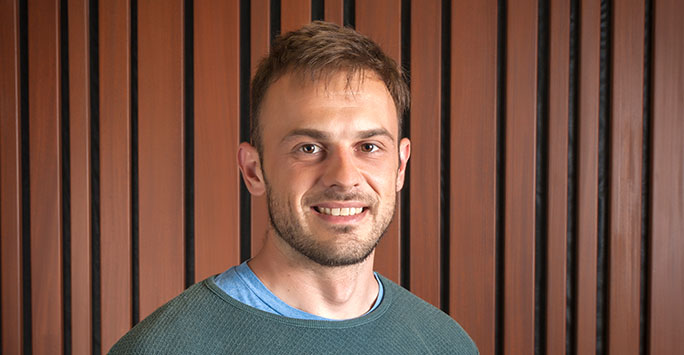What were your main reasons for choosing to undertake postgraduate research at the University of Liverpool?
The good reputation of the university, available funding schemes and the general strong support for postgraduate researchers.
Can you summarise your postgraduate research in a few sentences?
My research is focused on nationalism, identity politics and trans-border groups in South East Europe. I am particularly interested in Croats from Herzegovina and the way their identity develops in relation to their kin-state. My research has broader implications within the studies of ethnic and national identity, ethnic conflicts and minority rights.
What support have you recieved from the Liverpool Doctoral College?
In the last two years, I have attended a number of workshops and training events provided by the Liverpool Doctoral College. In my case, it helped me to develop many skills including writing and presenting my research but also managing and planning my project. The training environment is very supportive and friendly and the staff are very keen on encouraging students. It is also a great opportunity to meet students from different disciplines across the university and to hear about their research but also to present them your own research.
How do you believe postgraduate research will help your career prospects?
I am convinced that the whole research process strongly increases career prospects for a number of reasons. Managing the research from the beginning to the end of the process is a very challenging task. You need to develop many skills, particularly time-management, decision-making and self-motivation. In addition, you have to be able to communicate your research to different groups and individuals in society within completely different contexts. You need to look beyond existing solutions and interpretations and be able to offer new perspectives. In a dynamic environment of today, these skills are the only guarantor for a successful career.
